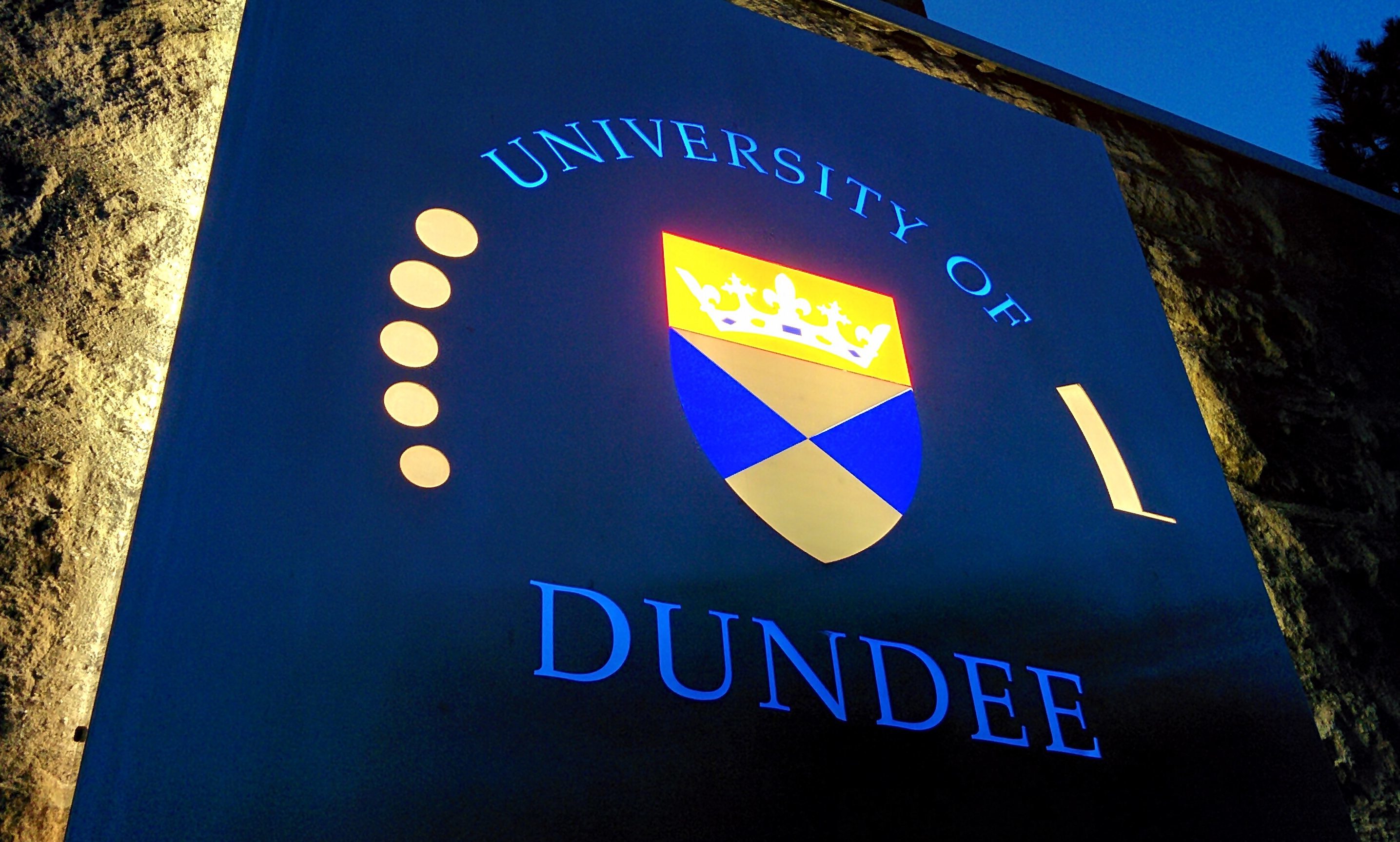A Dundee University project could see artificial intelligence used to detect if people living with diabetes are at risk of heart failure — by studying patients’ retinal scans.
Scientists will spearhead the Cardiateam project, a £12 million initiative that aims to develop an early warning system with the potential to save thousands of lives annually.
The project will be led by Dundee researchers, with retinal photographs examined by new software in a bid to pinpoint potential health issues.
Professor Chim Lang, head of the university’s division of molecular and clinical medicine, said studying eyes was useful for identifying warning signs.
“This project is about developing a new way of predicting risk to a person’s health,” he said.
“People’s eyes change depending on their health, for instance if they are diabetic, but from one image we can evaluate huge amounts of valuable information. Even small changes in the size of a person’s blood vessels could give us critical knowledge about the health of the heart.
“Both diabetics and heart failure are dangerous, but together they are a lethal combination. The mechanisms of how these two conditions interact are not particularly well known and that is what this project is attempting to find out.”
Cardiateam has been co-funded by the EU and European Federation of Pharmaceutical Industrial and Association.
In total, 22 partners from across the continent are involved in the project.
Around 1,600 volunteers will be recruited to supply retinal photographs that will be analysed with the new Vampire retinal analysis software, developed in Dundee in conjunction with Edinburgh University.
Mr Lang added: “All diabetics receive retinal screening and the eyes are a window to our heart.
“With one image we receive lots of valuable information just by studying blood vessels, which is crucial to informing us about heart health.
“What happens in the eye is a reflection of what is happening throughout the rest of the body and if we can identify any warning signs before heart failure occurs then we could potentially save a huge number of lives.”









